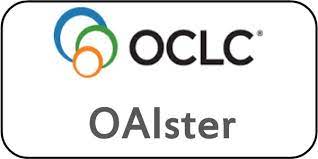Innovative Urinals with Proteinuria Detection: A Potential Screening Tool for Diabetic Kidney Disease
DOI:
https://doi.org/10.59793/ijcp.v34i8.763Keywords:
Chronic kidney disease, screening tool,, diabetes mellitus,, diabetic nephropathy,, public health,, urinalysis,, continuous home monitoringAbstract
Chronic kidney disease (CKD) poses a considerable health challenge, particularly in populations with high-risk factors
such as diabetes and hypertension. This article proposes a novel and cost-effective approach to address this concern by
integrating proteinuria detection technology into urinals. We suggest the installation of these innovative ‘smart’ urinals in
homes of individuals with diabetes, offering a convenient and proactive means of monitoring kidney health. Furthermore,
the deployment of such ‘smart’ urinals in public places could serve as accessible screening facilities, enabling early detection
of CKD in a broader population. The potential cost-benefit ratio of this approach is highlighted, emphasizing the long-term
economic benefits associated with early intervention. We argue that the proposed technology has the potential to revolutionize
CKD screening, providing a valuable tool for individuals at risk and contributing to the global effort to mitigate the impact
of CKD on public health. Further research and pilot programs are warranted to explore the feasibility and effectiveness of
this innovative screening strategy
Downloads
Published
Issue
Section
License
All open access articles published in IJCP are distributed under the terms of the CC BY-NC 4.0 license (Creative Commons Attribution-Non-Commercial 4.0 International Public License). This license permits unrestricted use, distribution, and reproduction of the articles in any medium for non-commercial purposes, provided that: The original authorship is properly and fully attributed. The IJCP is cited as the original place of publication with correct citation details. If an original work is reproduced or disseminated in part or as a derivative work, this must be clearly indicated. No articles are reproduced for commercial use without prior consent from the IJCP. All licensing requests and permissions for commercial use will be managed by the Publisher.














